To provide the best experiences, we use technologies like cookies to store and/or access device information. Consenting to these technologies will allow us to process data such as browsing behaviour or unique IDs on this site. Not consenting or withdrawing consent, may adversely affect certain features and functions.
The technical storage or access is strictly necessary for the legitimate purpose of enabling the use of a specific service explicitly requested by the subscriber or user, or for the sole purpose of carrying out the transmission of a communication over an electronic communications network.
The technical storage or access is necessary for the legitimate purpose of storing preferences that are not requested by the subscriber or user.
The technical storage or access that is used exclusively for statistical purposes.
The technical storage or access that is used exclusively for anonymous statistical purposes. Without a subpoena, voluntary compliance on the part of your Internet Service Provider, or additional records from a third party, information stored or retrieved for this purpose alone cannot usually be used to identify you.
The technical storage or access is required to create user profiles to send advertising, or to track the user on a website or across several websites for similar marketing purposes.











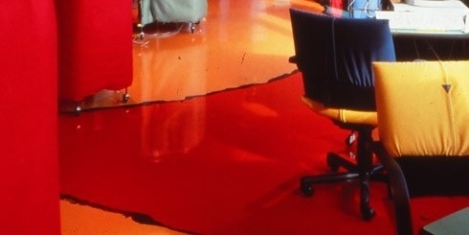
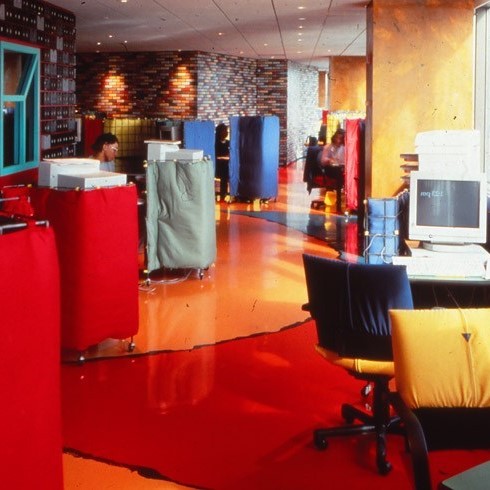



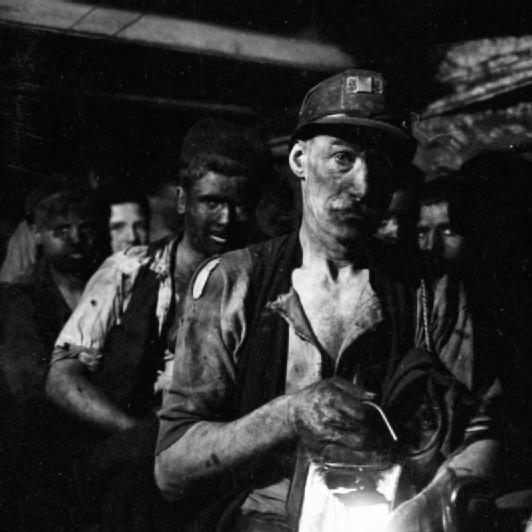



 You don’t have to look far to find misinformation. Just a few weeks ago, amid the aftermath of the coup in Niger, online platforms were being
You don’t have to look far to find misinformation. Just a few weeks ago, amid the aftermath of the coup in Niger, online platforms were being 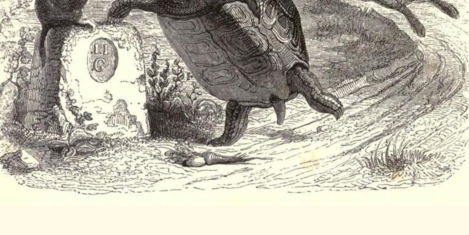

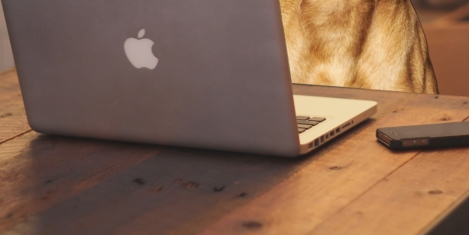











May 22, 2024
Some questions about AI, a world drowning in content and the human centipede of creativity
by Mark Eltringham • AI, Comment, Technology
One unintended but welcome result of the new fixation with AI is that many of the people who became experts on the workplace in 2020 are now experts on AI. You’ll find them on social media and they’ll have written a book about it by May to sit on the shelf alongside the one about hybrid working and The Great Resignation. So, if you want some certainty about where generative AI taking us, go talk to one of them because people who know about the subject seem to have little or no idea or raise even more questions. (more…)